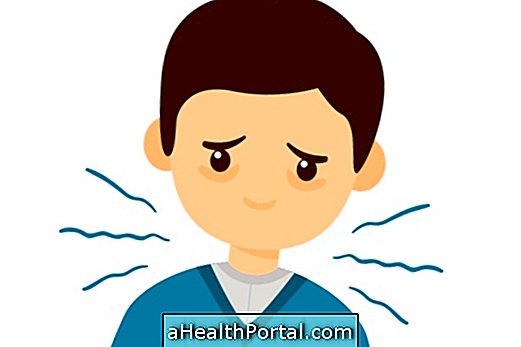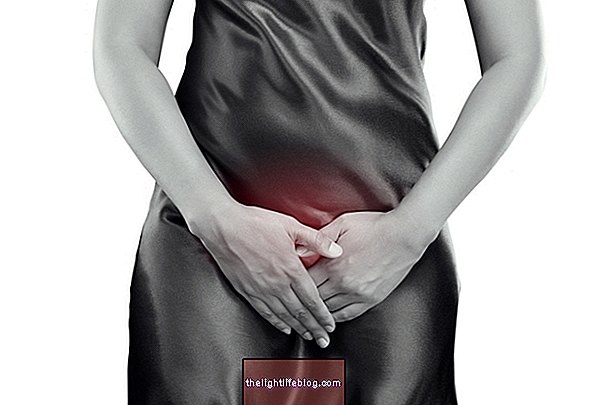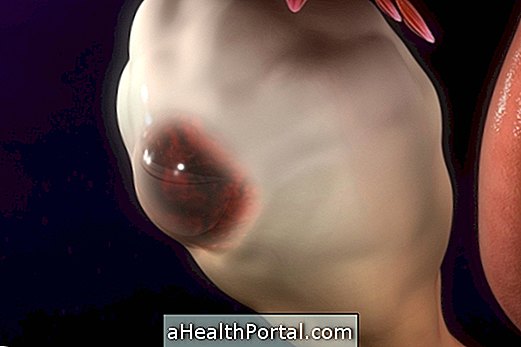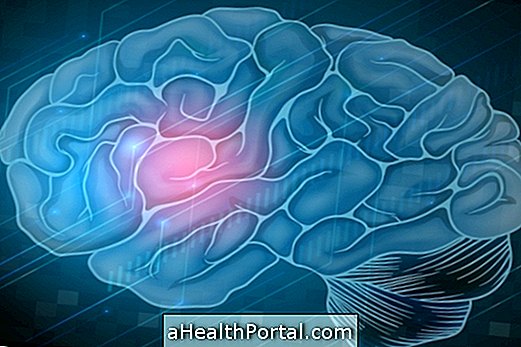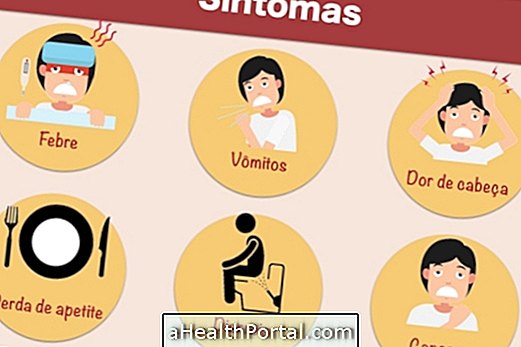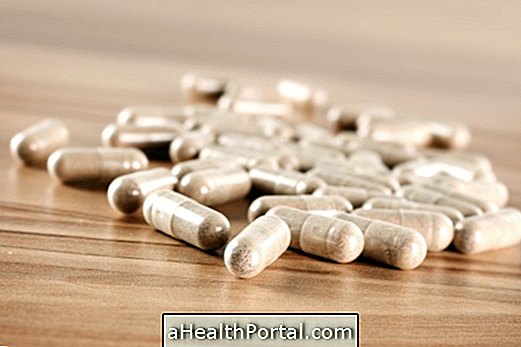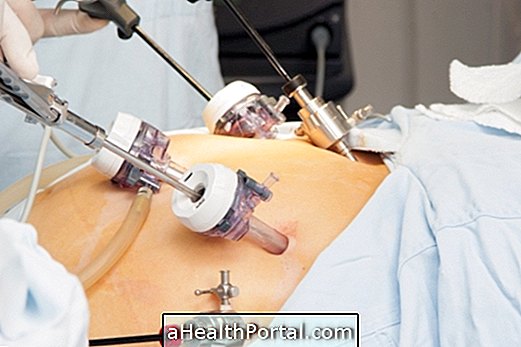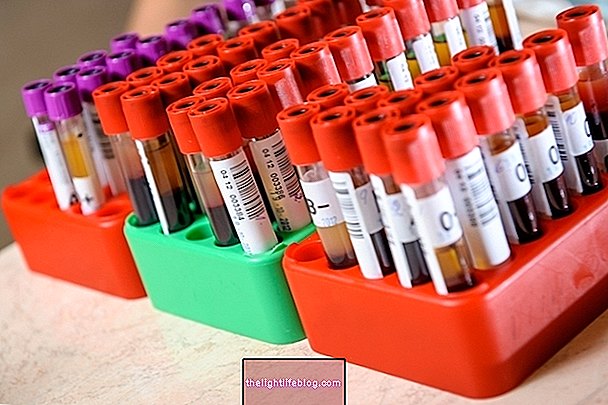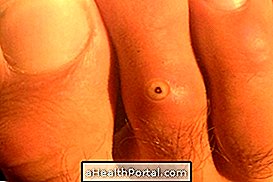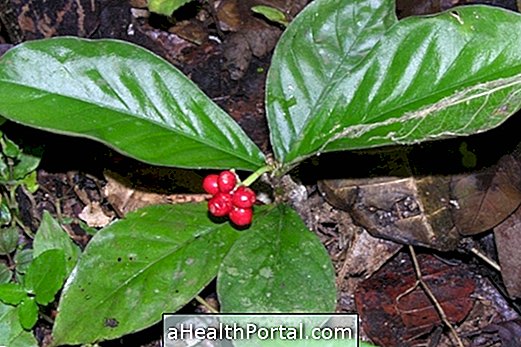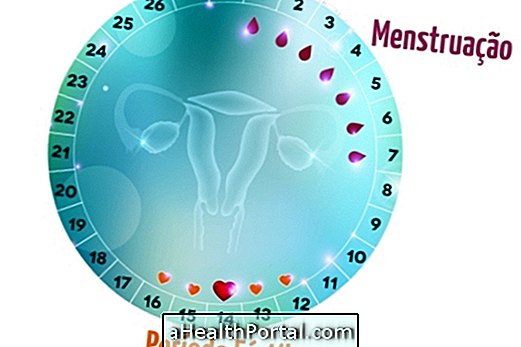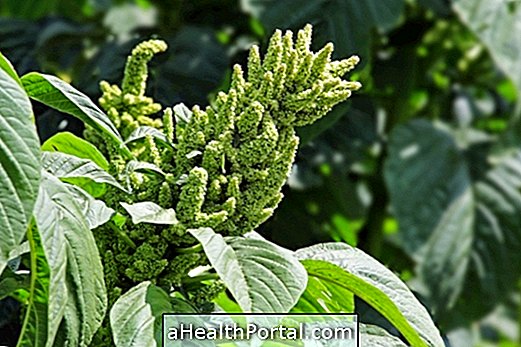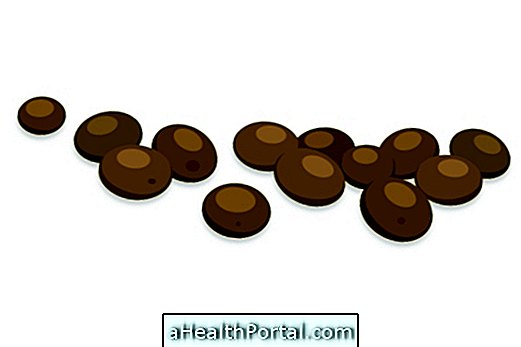Symptoms of intestinal candidiasis are related to the increase of fungus Candida albicans in the gut and may include:
- Tiredness and frequent malaise;
- Muscle pain and headache;
- Excessive intestinal gas and colic;
- Changes in bowel habits such as diarrhea or constipation;
- Recurrent infections, such as thrush or cystitis;
- Difficulties of concentration.
Symptoms and signs of intestinal candidiasis arise in various regions of the body, as the fungus releases toxic substances into the bloodstream, which spread throughout the body, and activate the immune system.
The diagnosis of intestinal candidiasis can be difficult to achieve because Candida albicans is also found in the intestines of healthy individuals, and there are no tests capable of identifying excess fungi and bacteria.
Treatment for intestinal candidiasis
Treatment for intestinal candidiasis may last for a few months and usually includes the use of oral antifungal remedies such as Fluconazole, Nystatin or Amphotericin B and the ingestion of lactobacillus and bifidobacteria to regulate the intestinal flora.
In addition, to supplement the treatment, it is important to adopt a balanced diet and poor in fatty or sugary foods, as they promote the development of fungi and bacteria.
Useful links:
- Intestinal candidiasis
- Treatment for candidiasis
- Candidiasis in man
